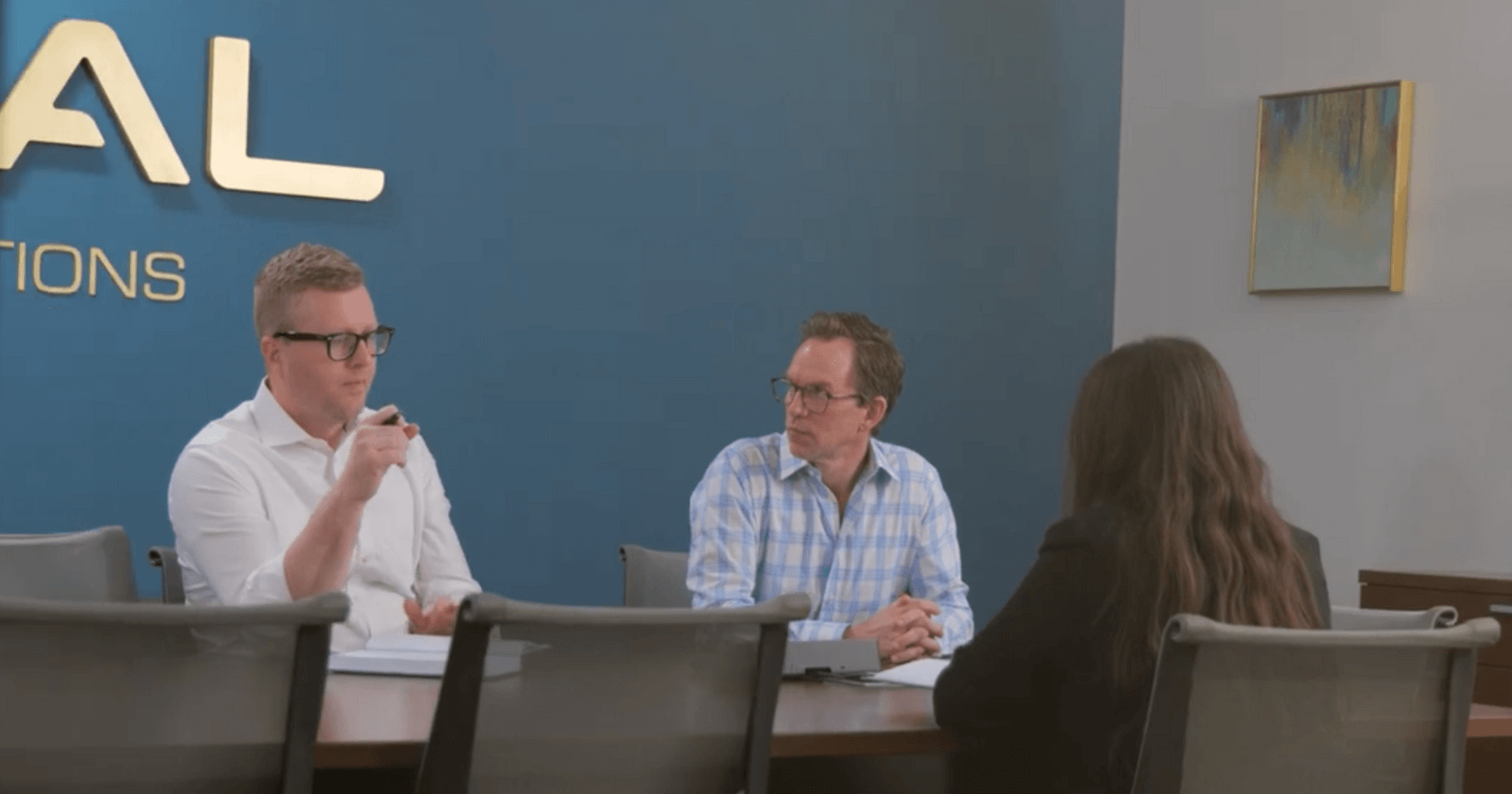
And How Sur-Seal Is Answering Them Tariff volatility isn’t just a finance problem; it’s a supply chain problem. Procurement teams...

And How Sur-Seal Is Answering Them
Tariff volatility isn’t just a finance problem; it’s a supply chain problem. Procurement teams today face a complex web of changing duties, geopolitical risks and material sourcing challenges. In this environment, the right supplier isn’t just a vendor; they’re a strategic partner.
To protect your business from unpredictable costs and disruptions, here are seven essential questions procurement teams should ask suppliers right now—and how Sur-Seal is answering each one.
Why it matters: If a supplier isn’t acting now, your costs are already rising.
Sur-Seal’s Solution:
We’ve implemented a proactive three-tiered mitigation strategy:
Why it matters: Suppliers tied to one region are more vulnerable to tariff hikes.
Sur-Seal’s Solution:
We maintain a robust global supplier network across Asia, North America and Europe. If tariffs rise in one region (like China), we have active sourcing relationships in Thailand, India and the U.S.
Why it matters: Material flexibility can be the difference between halting production and staying on schedule.
Sur-Seal’s Solution:
Our Solutions Engineering team regularly works with customers to test and qualify alternatives. Whether it’s moving from silicone to EPDM or evaluating a U.S.-sourced foam, we run the applications, validate performance and deliver a go-forward plan that meets both technical and financial requirements.
Why it matters: You need a partner who plans ahead, not one who reacts late.
Sur-Seal’s Solution:
We’ve invested early in infrastructure like bonded warehousing and global sourcing, but more importantly, we’ve built a system that adapts. Our pricing, inventory and internal teams continuously monitor tariff policy shifts and work cross-functionally to support customers. Long-term resilience is built into our operations.
Why it matters: If prices only ever go up, your supplier may not be acting in good faith.
Sur-Seal’s Solution:
We adjust both ways. When tariffs went up in February and March 2024, we responded. When tariff conditions softened in June, we lowered prices accordingly. Sur-Seal shares tariff costs evenly with customers, and our transparency builds lasting trust.
Why it matters: If a supplier’s systems can’t adapt, your finance and ops teams will feel it.
Sur-Seal’s Solution:
We support line-item invoicing, periodic billing and customer-specific GL code setups. Whether you’re looking for rolled-up pricing or separated tariff costs, our IT and billing systems are built to meet your internal accounting needs.
Why it matters: Tariff uncertainty is stressful—clear communication is crucial.
Sur-Seal’s Solution:
We prioritize high-touch communication. Our Sales Ops team maintains above-industry engagement levels, especially during tariff spikes. We over-communicate to ensure customers understand changes, timelines and options so there’s no guesswork or disruption in your planning.
These aren’t just good procurement questions, they’re essential ones. If your current supplier can’t answer them, or worse, hasn’t thought to bring them up, it’s time to rethink who you’re partnering with.
Sur-Seal doesn’t just react to the tariff landscape; we engineer around it. With global sourcing, bonded warehouse capabilities and a flexible solutions engineering team, we help our customers safeguard continuity and control costs.
Ready to Future-Proof Your Supply Chain? Don’t let tariff changes dictate your bottom line. Contact Sur-Seal to start a conversation with our engineering team today.